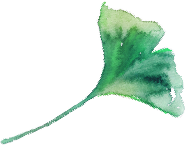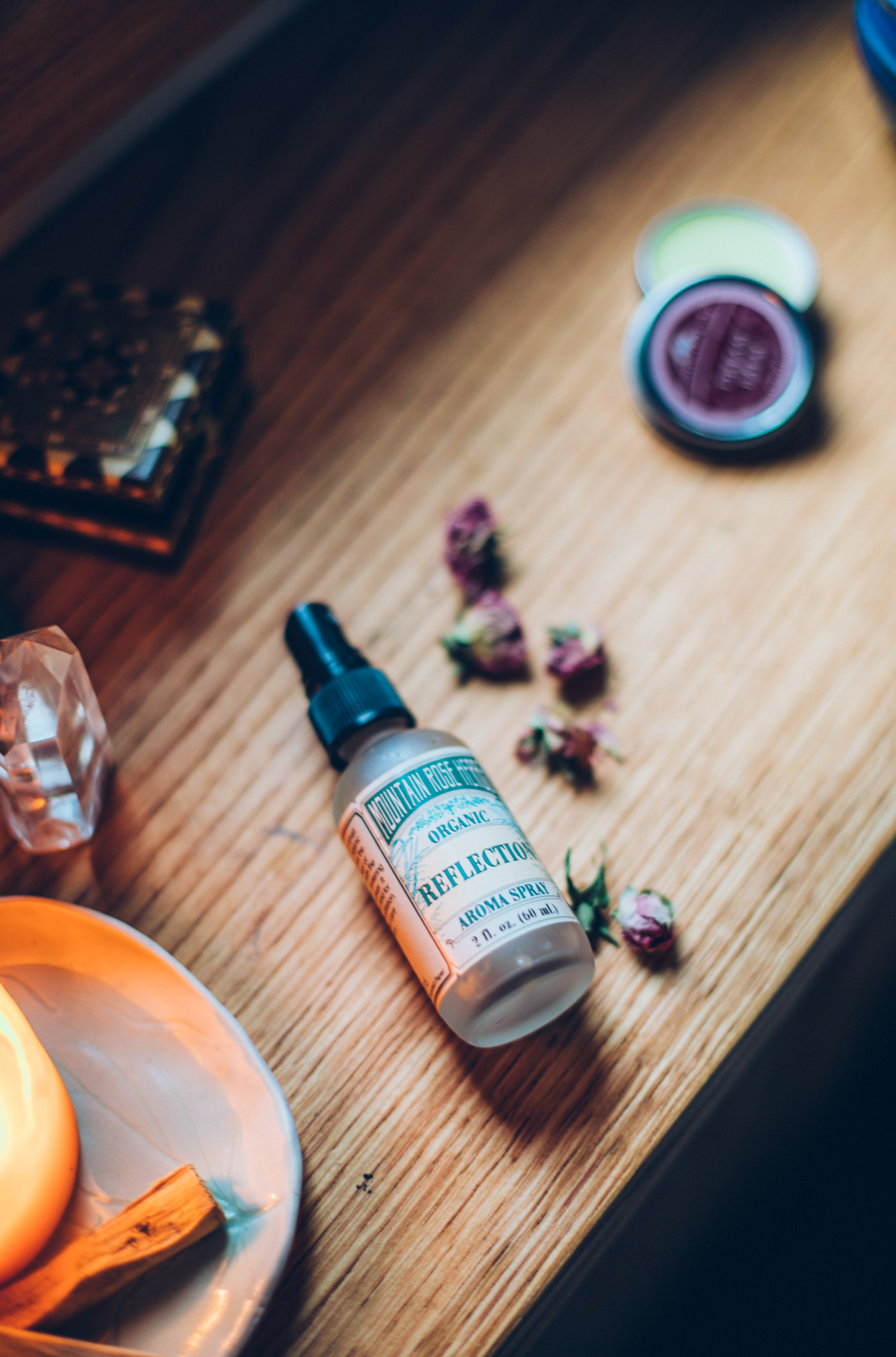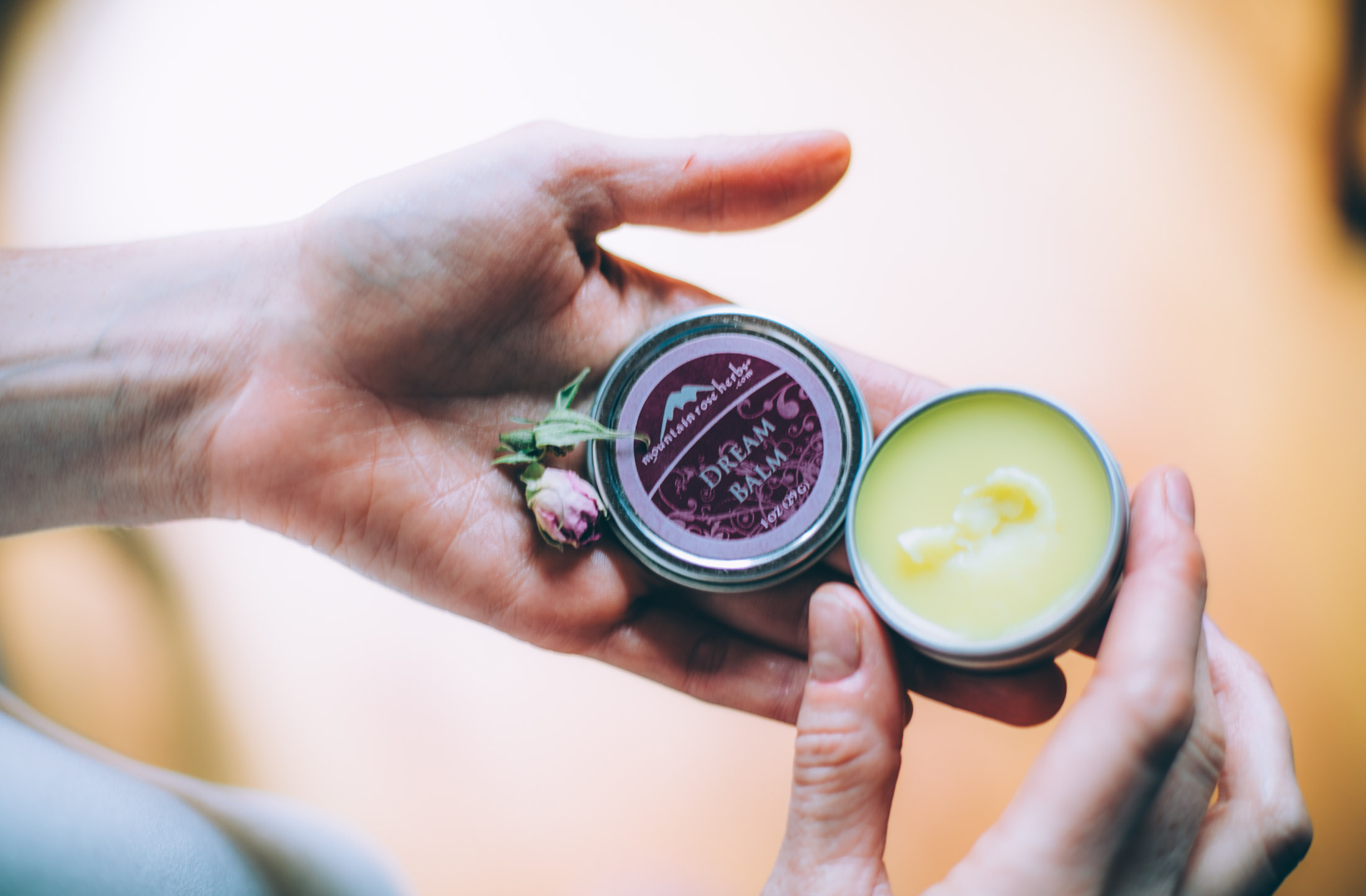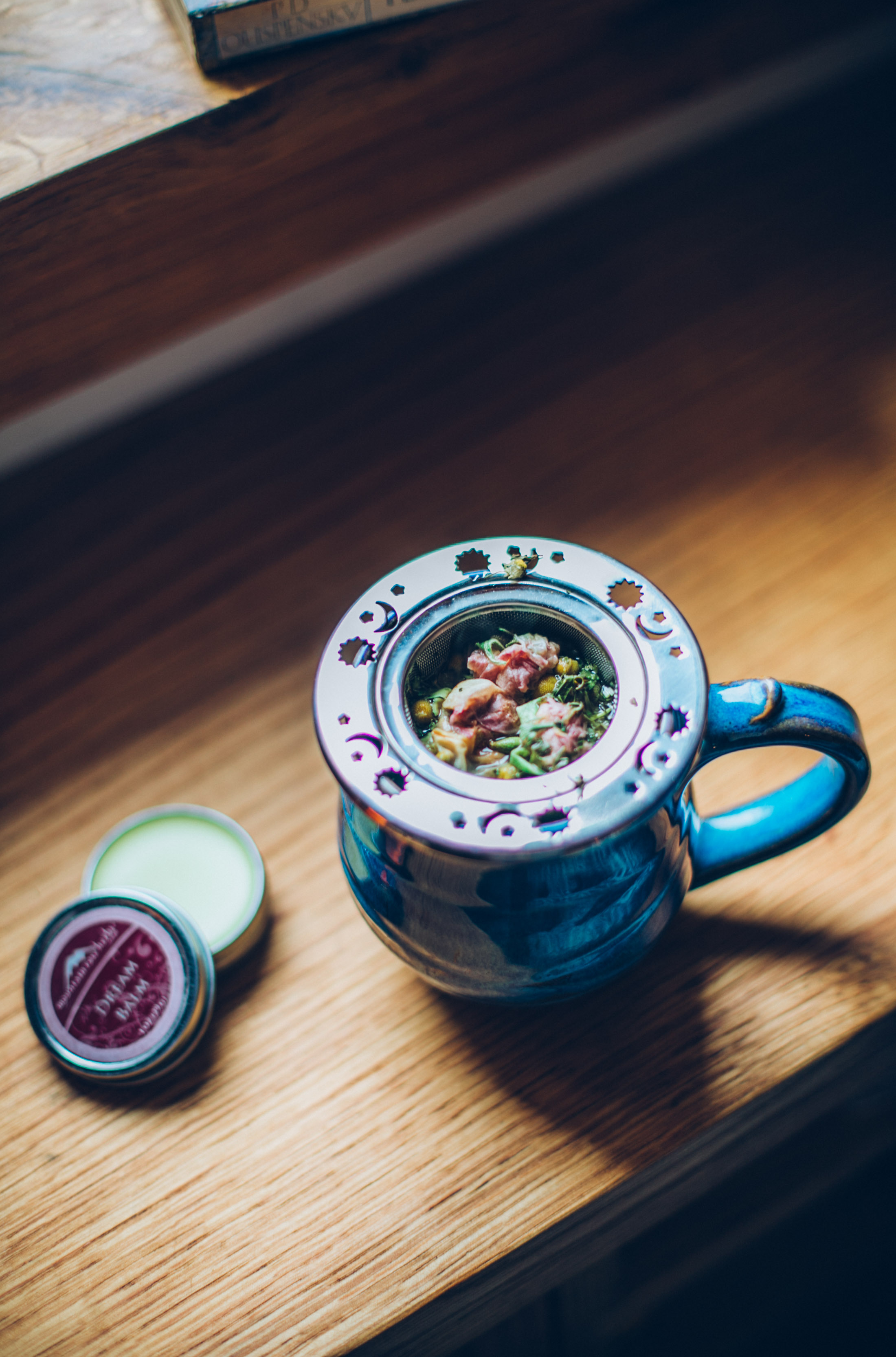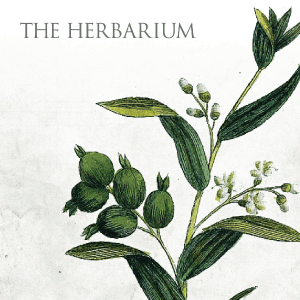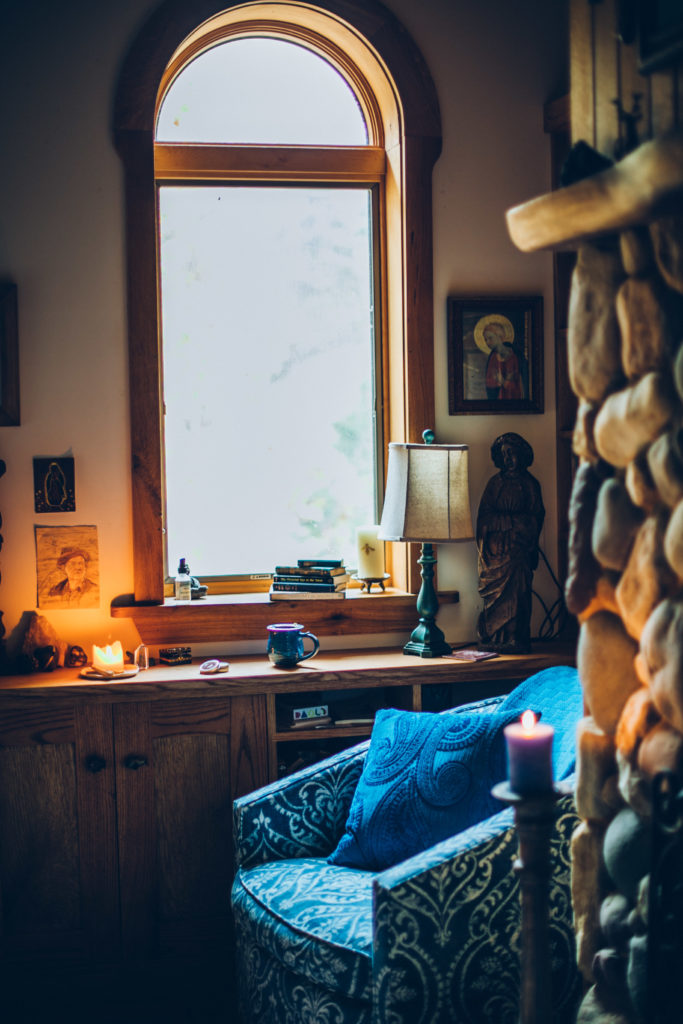
Welcome to the season of early darkness. Where autumnal and winter evenings provide a nighttime shifting energy that is all encompassing to our circadian rhythm, and our psyche. With the change of the season, and darkness falling earlier and earlier, the more we fight against this energetic shift, the more health problems we are likely to experience. Instead, embrace this early dark, and sink into this shifting energy of the new season. By creating time and space for a new evening ritual, we support our connection with this magical season, and the changing light that entrances our circadian rhythm. In turn, we can obtain deeper sleep, more experiential and vivid dreams, and a more vibrant day ahead.
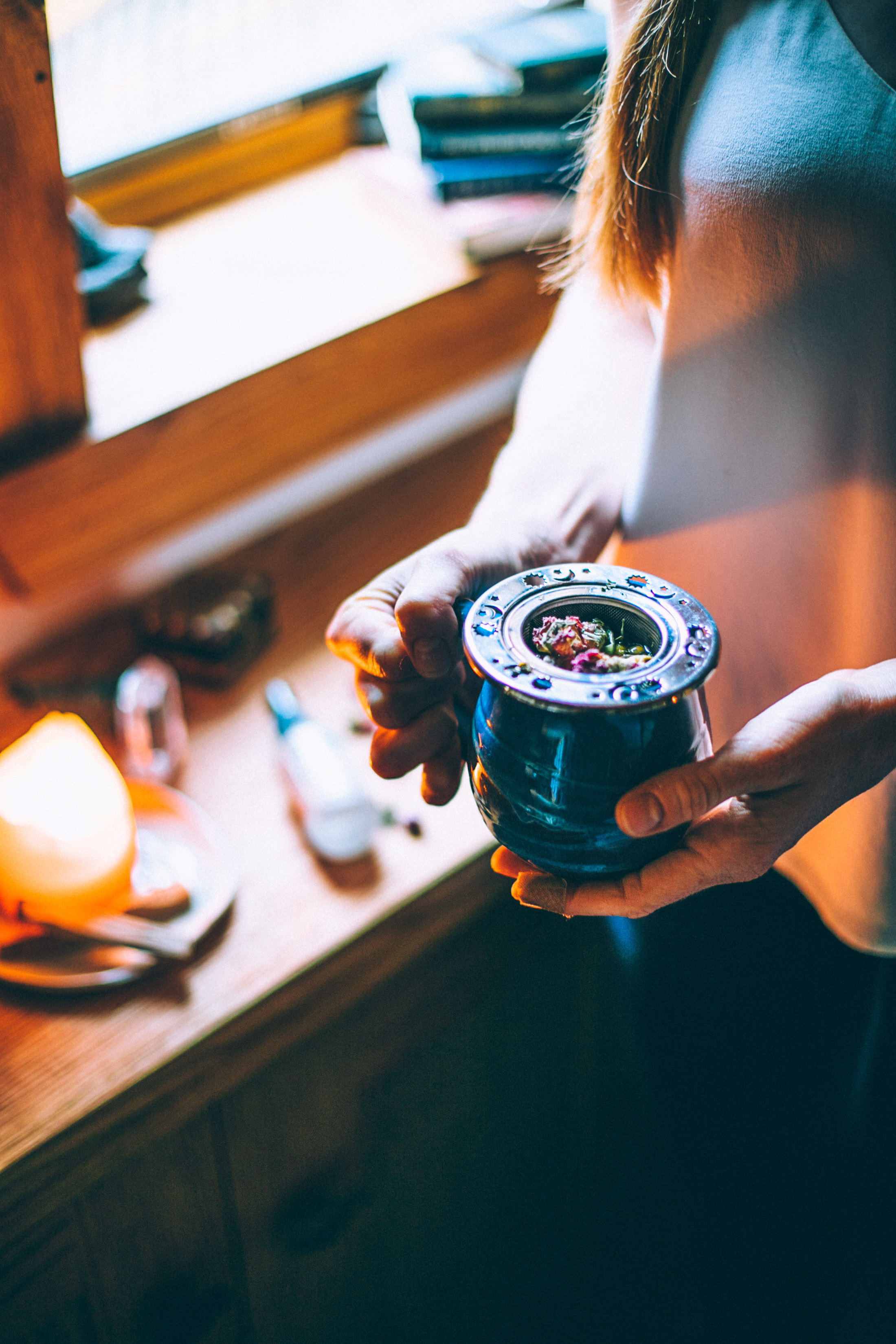
With daylight savings time (why we even still do this is a mystery to me), our circadian rhythms can be thrown askew for several days, or even weeks after this hourly change. Our body is extremely adaptable to the change of the seasons, to the diurnal rhythms of the twenty-four hour cycle of our lives, and the subtle monthly changes that reflect light differently into our brains. We perceive it all, and respond to each subtle change in different ways. We often go about our days, though, as if no change is happening. And how difficult it is sometimes to make adjustments in our schedules for every changing season! And if there is anything I’ve learned after 7 years in clinical practice, it’s that people are just not sleeping nearly enough.
Welcome Autumn – the ideal time to shed practices, habits, things, routines, objects, and energy that no longer serve. The ideal time for a seasonal practice that supports our health, and our entire well being through a simple evening ritual.
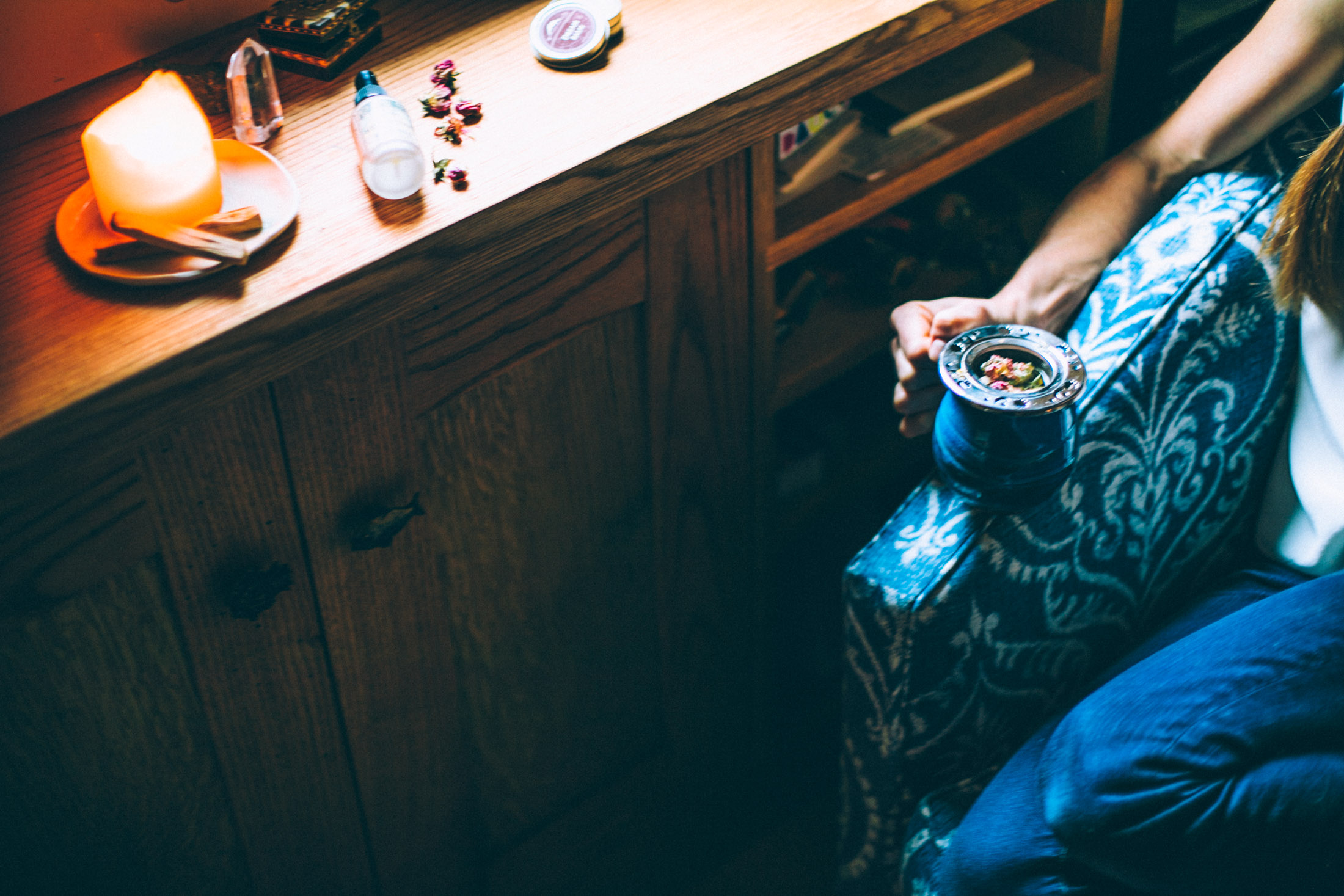
Why is Sleep So Important?
Sleep is pure juicy, magical, dreamscape, revitalizing time. And it’s precious. So precious that over one third of our lives are spent in sleep and dreams. Without this rejuvenation time, recharging in the dark hours of the moon, our body would die. Without at least 8 hours of good quality sleep each night, our brain function begins to decline. Our ability to retain information and focus deteriorates. Our mood, and our ability to make sound judgements and decisions suffers. We experience fatigue and lethargy, and even our levels of pain and inflammation rise. Lack of good quality sleep in the long term (3+ months) has been directly linked to health conditions including diabetes, cardiovascular disease, and obesity. Why? Because those essential 8 hours (or more) of rest, repair, and rejuvenation time are essential for our organ systems to function properly, and heal from the stress of the preceding day.
Our sleep hours are not hours to be traded and sacrificed to accomplish one more thing. We can’t actually “catch up” on sleep on the weekends, and the sooner we put in place good sleep hygiene practices into our lives, the more balanced our entire state of health becomes.
Read More: Short and Long Term Health Consequences of Sleep Disruption
How to Create an Evening Sleep Ritual
Just as we get ourselves ready for the day, we should ready ourselves for the journey of sleep. Yes, this takes intentional time, but not too much. And creating a nighttime sleep ritual can be incredibly rejuvenating in itself.
Prepare the space. I always brew up a cup of tea an hour before bed with nervine and calming herbs to help ease me into sleep. My favorite is Dream Tea or Evening Repose Tea from Mountain Rose Herbs. These blends combine some of my favorite evening herbs, including chamomile, skullcap, and mugwort, all from certified organic sources and grown sustainably. I also use Dream Balm with lavender, rose, hops and mugwort, on my temples to calm my nervous system, and provide a bit of prolonged aroma that helps me dream deeply (really, it does!). I also recommend folks keep a spray bottle of Reflection Aroma Spray by their bed, and give their sleeping space a spritz before falling asleep, and upon waking in the night to help ease back into sleep, and stay tuned in with their dreams. Reflection aroma spray combines the clearing and calming power of frankincense with the balancing, elevating qualities of davana and vetiver essential oils to help one center and calm internal chatter, ideal for those who wake up in the middle of the night with a busy mind.
Avoid screens at least 30 minutes before going to bed. One hour is even better. I strongly encourage my clients to never take screens or devices into bed at all, because once you’ve done this, the habit is seemingly impossible to break. Screens and blue light are a major disruptor to melatonin production in the brain, and can interfere with our ability to fall asleep, and stay asleep.
Dim the lights 30 minutes before going to bed. Again, one hour is even better. When we keep ourselves awake with artificial light after sunset, this also disrupts our natural circadian rhythm. Our melatonin production is triggered by the absence of light. Once the sun goes down, and we keep lights on up to the moment of trying to fall asleep, this is confusing to our hormone production and circadian rhythm cycle.
Similarly, if you’re waking up when it is still dark in the morning, turn on a soft light, such as a salt lamp, to gradually trigger your cortisol production to rise, and your melatonin levels to fall. This will help establish your rhythm for the day, and reduce fatigue throughout the morning and afternoon.
Read More: The Grounding Magic of Tea Ritual
Shown above: *Celestial Tea Strainer *Dream Balm *Dream Tea
Experience Autumn Evening Magic
Now is the time, early November, when the leaves are still vibrant and the air is chilly, to connect to the evenings and feel this change in energy and weather. Take your evening tea outdoors. Watch the sun set (or sun rise!). Breathe in this new, crisp air that’s alive with leafy decomposing matter, perhaps with a hint of distant smoke on it’s tails. Leave your window cracked just a bit during the first of the November rain storms. And as always, write down your dreams.
Read More: Autumnal Lucid Dreaming Tea
